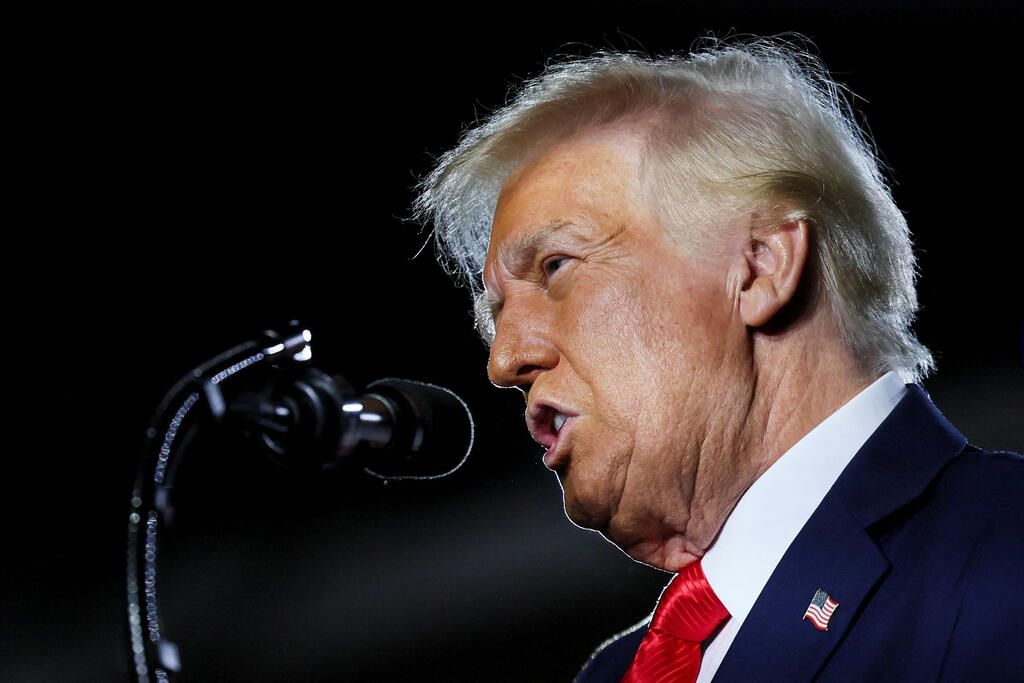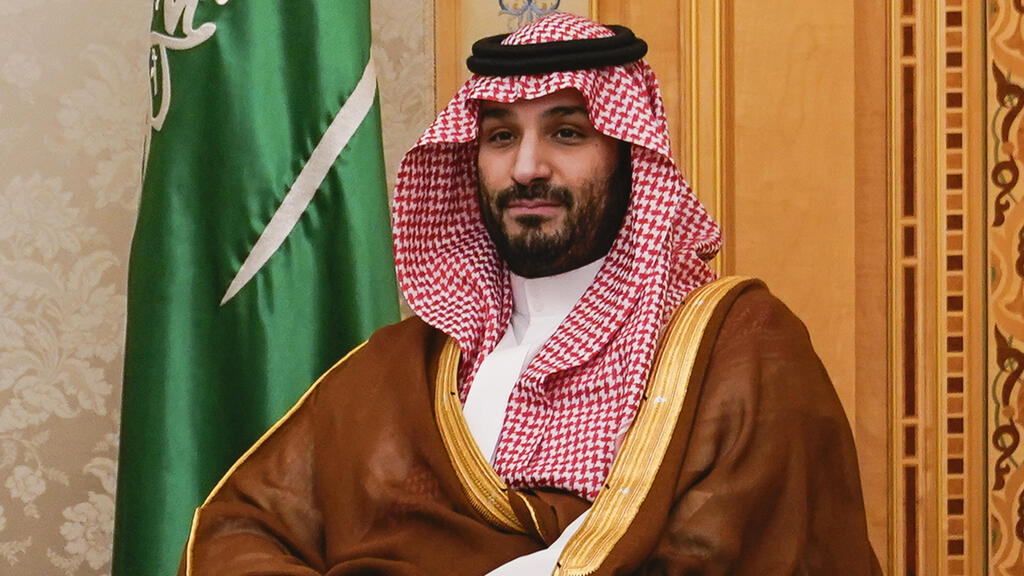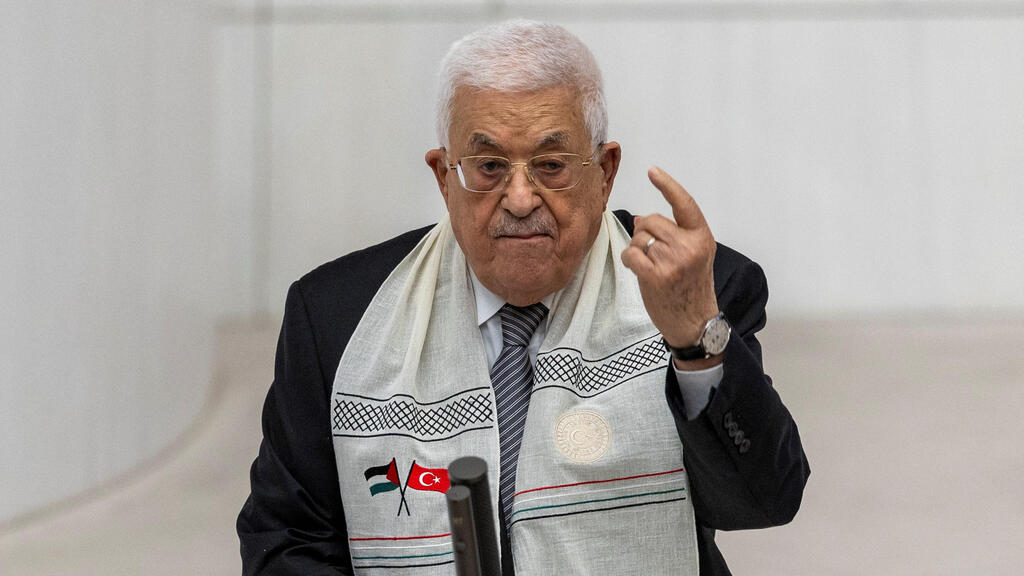Getting your Trinity Audio player ready...
U.S. President Donald Trump spoke with Jordan's King Abdullah II about a new Middle East policy, urging him to accept Palestinians from Gaza. A similar discussion took place with Egyptian Abdel Fattah el-Sisi. Gaza residents are already preparing to cross the Rafah crossing en route to Algeria and Tunisia.
Trump's advisors are pleased with the ambitious plan to overhaul control in Gaza, aiming to evacuate at least half of its population to facilitate reconstruction, including high-rise buildings. The timeline and number of returning residents remain unclear, as the plan exists only on paper.
According to the plan, Saudi Arabia and the Gulf states will fund the project. If implemented, Gaza will see the construction of a new port, international-standard cafes, restaurants and malls, along with improved hospitals and schools.
A multinational force, an American construction firm and Egyptian builders and engineers will collaborate with Palestinian Authority representatives to manage daily affairs.
Despite its geographical proximity, Israel is expected to play only a distant role. Trump's new Middle East envoy Steve Witkoff and U.S. State Department advisors are actively engaging with Saudi Arabia, considered a key player.
Trump is considering making Saudi Arabia, as in his first term, the first destination of his presidency. Talks focus on Crown Prince Mohammed bin Salman's proposal to invest $600 billion in the U.S. in exchange for arms deals, with Trump pushing for $1 trillion.
Economic normalization with Israel, once a focus, has shifted. Meetings between Israeli and Saudi officials began in Bahrain and later moved to secret locations in Saudi Arabia. The Crown Prince had initially tied normalization to a vague acknowledgment of a Palestinian state, but U.S. and Saudi leaders are now moving forward without involving Israel.
A priority is to counter China’s influence while positioning Saudi Arabia as a pivotal ally. American warnings to Jerusalem stressed bin Salman’s concerns over public backlash or assassination attempts if he pursues normalization with Israel.
Qatar is also under Trump’s spotlight. After negotiations in Doha involving Israeli security officials, the U.S. is urging Qatar's Emir Sheikh Tamim bin Hamad Al Thani to increase investments in the U.S.
While Qatar has invested in universities and semi-private ventures, further normalization with Israel is delayed. Qatar has raised its demands, requiring Israeli acceptance of a Palestinian state and the evacuation of 750,000 settlers from the West Bank.
The 2002 Saudi Peace Initiative is being revisited. Proposed by then-Crown Prince Abdullah bin Abdulaziz, it called for a Palestinian state along the 1967 borders, East Jerusalem as its capital and the return of Palestinian refugees to Palestinian Authority areas. In return, Israel would receive recognition and normalization from Arab and Muslim states.
The initiative, however, which included the contentious return of refugees to Israeli territory, was shelved by Prime Minister Ariel Sharon and ignored by subsequent Israeli leaders, except Ehud Olmert, who offered Palestinian Authority Chairman Mahmoud Abbas a comprehensive peace plan. Abbas avoided rejecting the proposal outright, telling Olmert not to claim he said "no."
Get the Ynetnews app on your smartphone: Google Play: https://bit.ly/4eJ37pE | Apple App Store: https://bit.ly/3ZL7iNv
The Middle Eastern landscape is shifting following the election of a Lebanese president, the removal of Bash Assad, the rise of Houthi terrorism in Yemen and Iran’s declining influence. Trump has yet to unveil his Iran policy but is signaling a preference for peace from a position of strength.
Israel, for now, will need to wait. During his first term, Trump recognized the Golan Heights as part of Israel and moved the U.S. embassy to Jerusalem, affirming the city as Israel’s eternal, unified capital.




